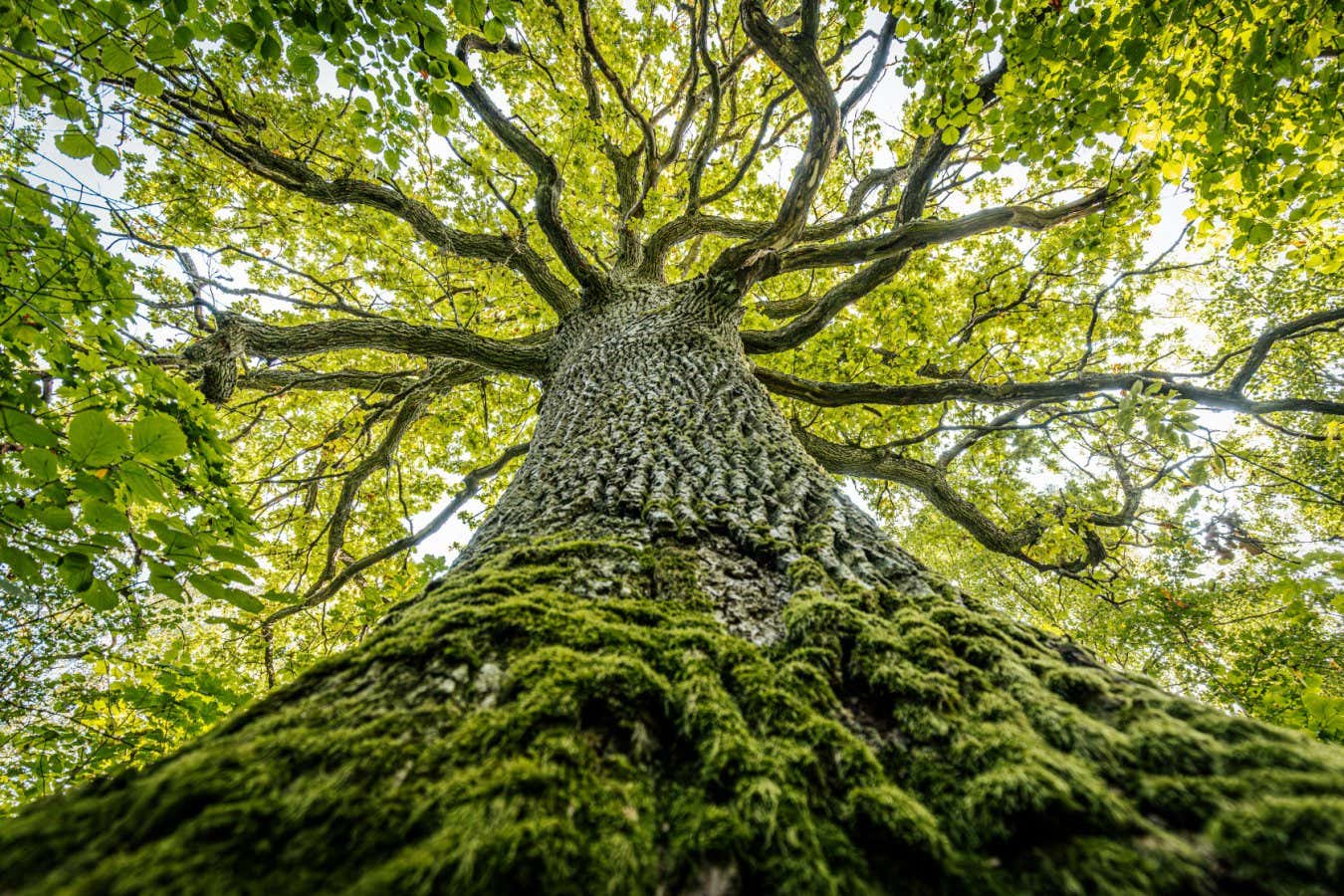Now Reading: Scientists Uncover Hidden Microbiome Inside Trees: A Profound Discovery
-
01
Scientists Uncover Hidden Microbiome Inside Trees: A Profound Discovery
Scientists Uncover Hidden Microbiome Inside Trees: A Profound Discovery

Quick Summary
- Groundbreaking research published in Nature reveals that trees possess a diverse microbiome inside their wood, comparable to the human microbiome.
- Researchers studied 150 trees across 16 species in northeastern U.S. forests and found vast ecosystems of microorganisms,including fungi,bacteria,and archaea.
- Each tree species harbors a unique microbiome with distinct microbial communities in it’s sapwood (living) and heartwood (dead).
- The study suggests these microorganisms may support tree health,forest biodiversity,carbon storage capacity (~600 gigatonnes globally),and other critical ecosystem services.
- microorganisms are key decomposers and contributors to biogeochemical cycles but face global decline-raising concerns for wider ecological health.
Indian Opinion Analysis
This research highlights an essential link between tree microbiomes and broader environmental stability at a time when the planet faces multiple ecological crises. For India-a country with notable forest cover but also ongoing deforestation pressures-understanding such advancements could strengthen conservation practices. Exploring these microbial ecosystems can unlock strategies to enhance afforestation efforts for carbon sequestration amidst climate change challenges. It serves as a reminder that maintaining biodiversity involves not only protecting visible flora and fauna but also preserving often-overlooked microscopic foundations of healthy ecosystems.






















